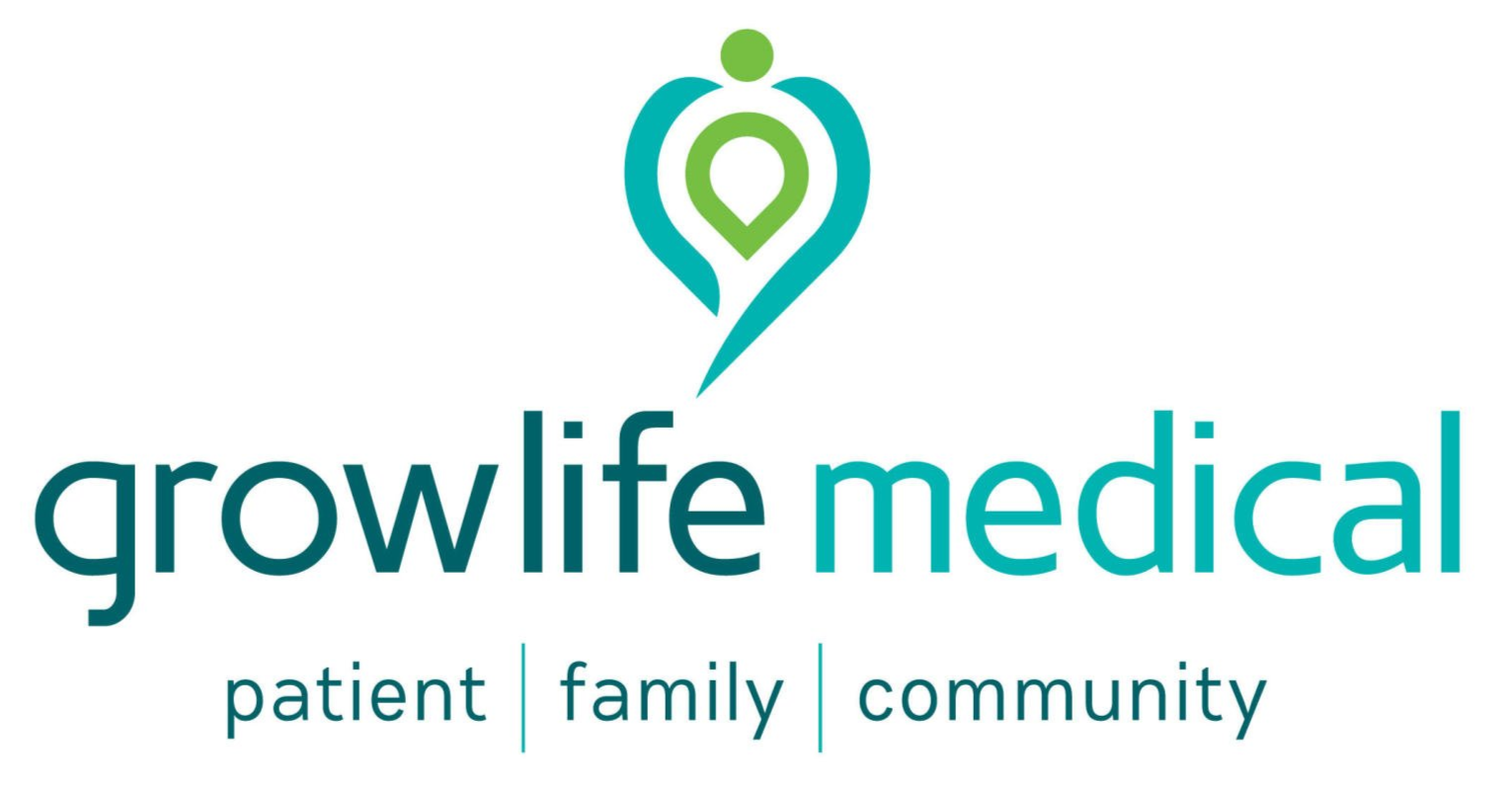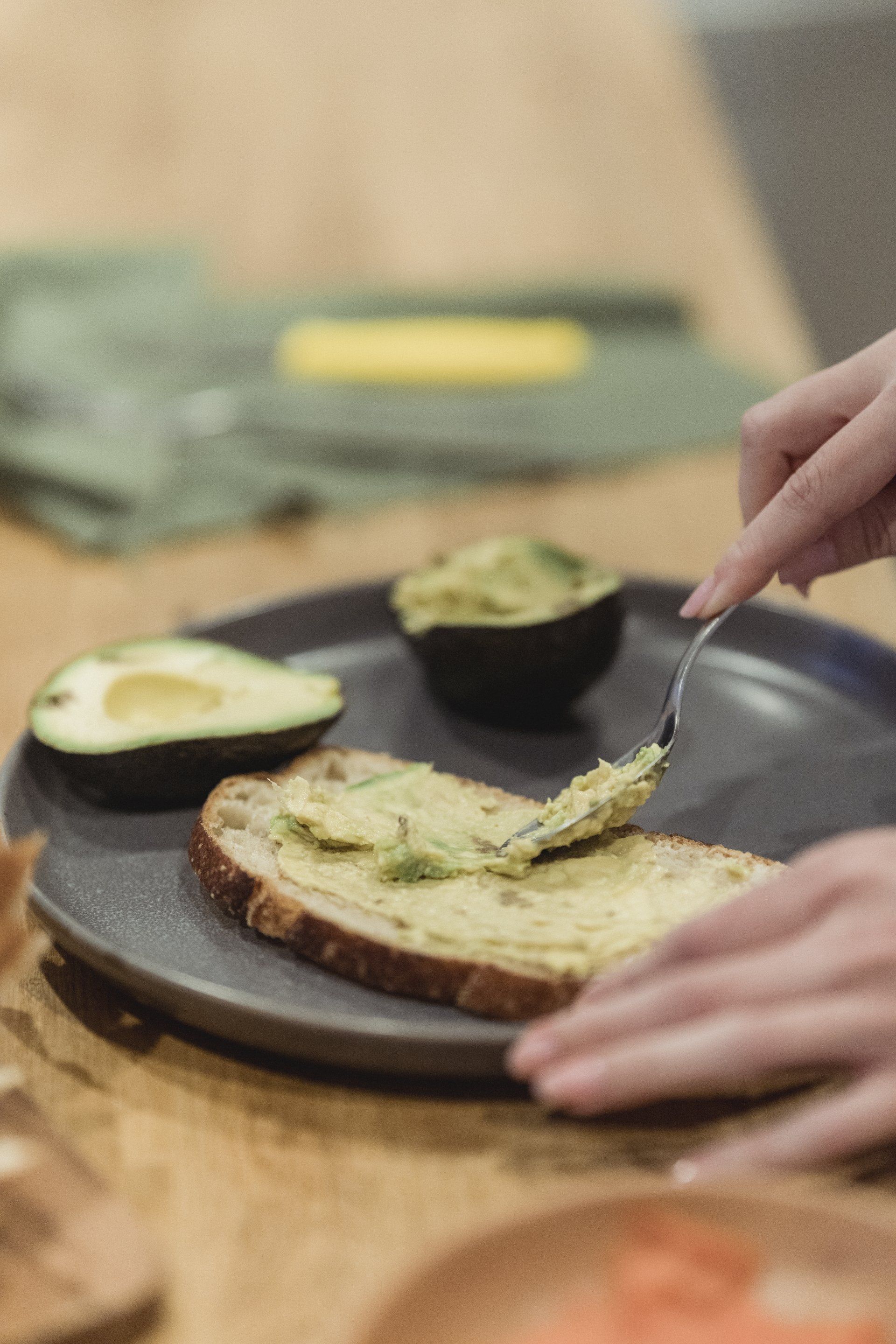When you hear the word cholesterol, does your mind automatically associate it with the word ‘bad’ or ‘unhealthy’? Why is that? Is it even correct? What does it do? Let’s clarify!
What is cholesterol?
Cholesterol is a fat-like substance in the body. It is either made by our liver or consumed in the foods we eat. Everyone has cholesterol. We use cholesterol for bodily functions every day and, in fact, we actually need it to be healthy.
Is all cholesterol bad?
Cholesterol is carried in the blood by proteins. When cholesterol and proteins combine, they are called lipoproteins. There are 2 main types:
- High-Density Lipoprotein (HDL): The HDL cholesterol can also be referred to as the ‘good’ cholesterol as it collects “bad stuff” from around our body and sends it off to be excreted since our body doesn’t want or need it. (HDL = HERO)
- Low-Density Lipoprotein (LDL): The LDL cholesterol is also known as the 'bad’ cholesterol as it dumps all the bad stuff in our arteries. (LDL = LITTERER)
The answer to the question is therefore, no, not all cholesterol is bad.
So, what does it mean if you have high cholesterol levels?
High levels of cholesterol can cause atherosclerosis, heart attack, stroke, and other circulatory diseases.
But don’t stress! Cholesterol levels can often be reduced/managed through food intake and in close consultation with a dietitian. If cholesterol levels are unable to be managed with dietary changes alone, your GP can discuss options for medications.
What factors can result in high cholesterol?
- Eating fatty food
- Not exercising enough
- Overweight and obesity
- Smoking
- Genetics
- Uncontrolled diabetes
- High blood pressure
Just to name a few!
2 important points about cholesterol and food intake
- Cholesterol can be found in food sources such as meat, dairy, and eggs. However, dietary cholesterol intake rarely has a great impact on total cholesterol levels. This is because your liver will compensate. For example, if you consume lots of cholesterol-containing food sources, your liver will produce less cholesterol, so that your total cholesterol level stays around the same. Think of one of those fancy auto-sensor air-conditioners as our liver- it is constantly adjusting its function (ie. Blowing a lot of hot air, blowing a little bit of cool air, etc.) to maintain a certain room temperature.
- We cannot eat HDL and LDL cholesterol - they are made in our body. The type of
fat
you eat will dictate and influence how much HDL and LDL you have. More
saturated fat
will increase the LDL (bad) cholesterol. More
unsaturated fat will increase our HDL (good) cholesterol and may
even assist in reducing the LDL (bad) cholesterol.
3 recommendations to lower your cholesterol levels through food
Other ways to reduce cholesterol levels
Exercise! Exercise can help eliminate the LDL cholesterol by increasing HDL cholesterol. Losing excess weight can also increase HDL (which can be achieved through either exercise or food intake, or better yet- a combination of both!).
Want to know more?
For a more visual explanation of what happens to cholesterol in our body, the Heart Foundation has created a short 2-minute video for you!
Check it out.
If you want to control your cholesterol,
book an appointment with
our dietitian for individualised advice and strategies that will integrate seamlessly into your lifestyle. If you are unsure what your cholesterol levels are, it is worth
booking an appointment with
your GP. Alternatively, you can call us on 3154 2393 and ask about having a heart health check or a
45-49 year-old health check.


